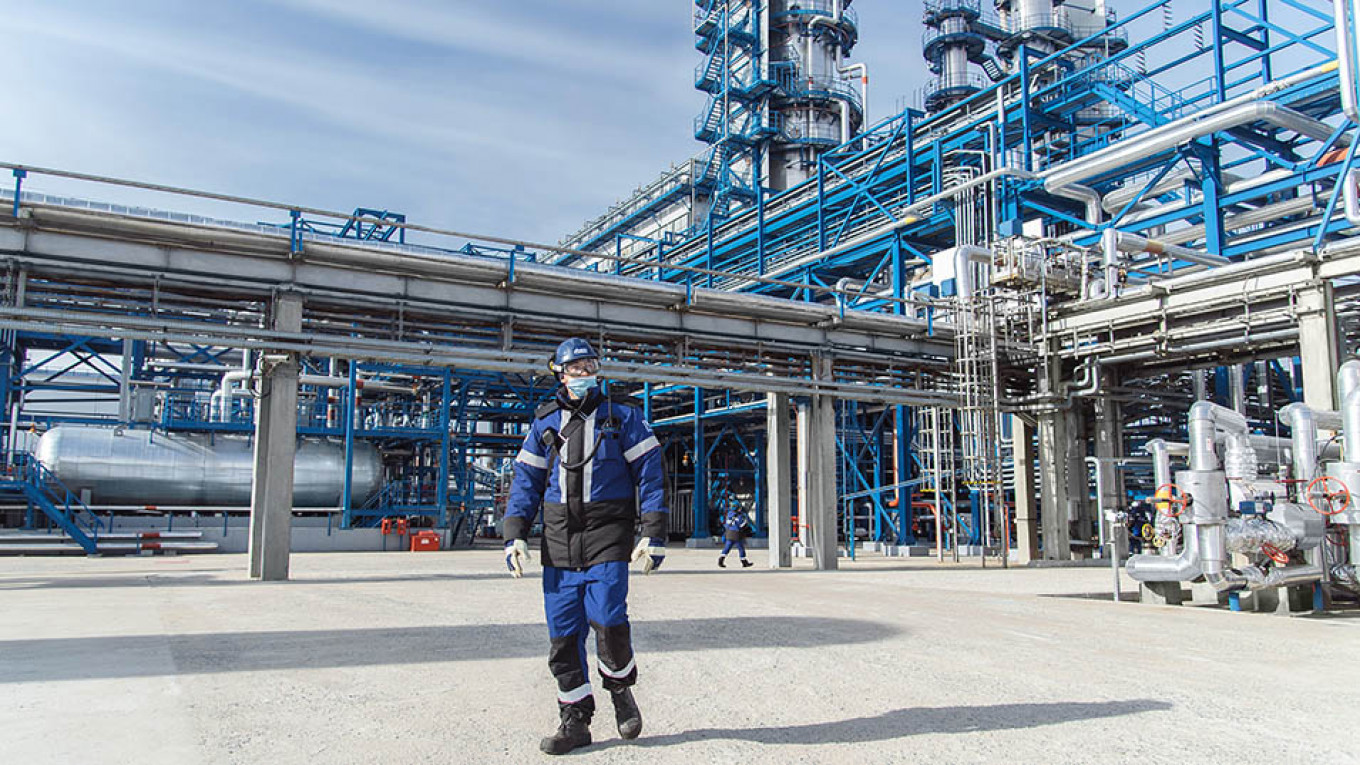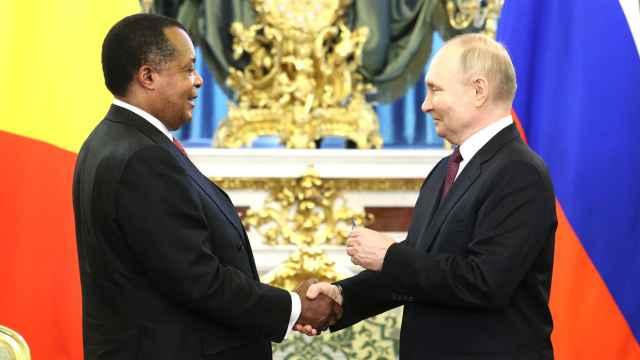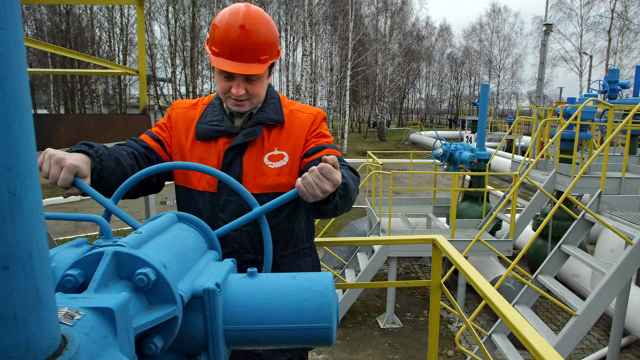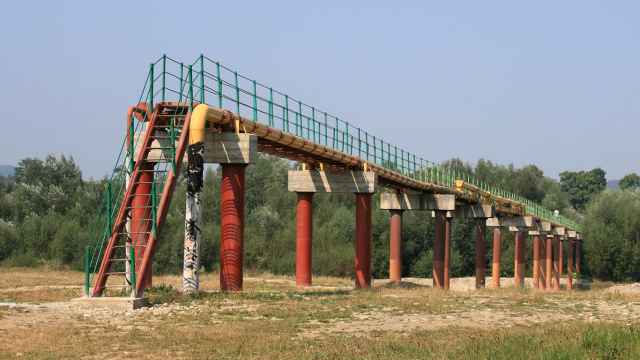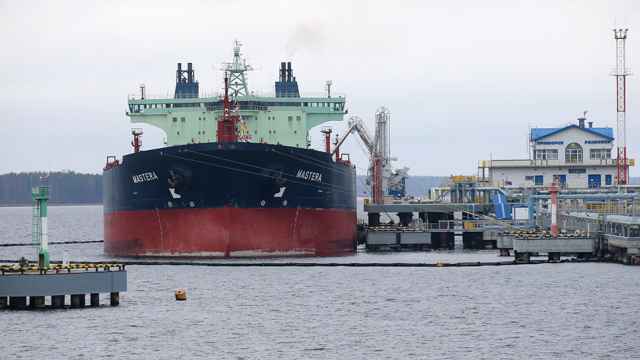Russia’s vast oil reserves are enough to last until at least 2080 at current production levels, the head of Russia’s Natural Resources Ministry said Tuesday.
In an interview with the RBC news website, Natural Resources Minister Alexander Kozlov said Russia has the equivalent of 59 years of oil deposits and 103 years of gas reserves. The true scale of fossil fuel deposits under Russia’s soil could be even larger, but will require additional state support to accelerate exploration in hard-to-reach areas, such as beneath the Arctic permafrost, Kozlov added.
State-controlled oil giant Rosneft is at the head of Russia’s ambitious plans to develop its Arctic energy resources through a $110-billion investment program that the company hopes will deliver 100 million tons of oil a year — equivalent to around a fifth of Russia’s current annual production — create 130,000 jobs and involve the construction of 15 new towns and two regional airports.
But the project has been criticized by environmentalists and faces budgeting challenges, with Rosneft having lobbied for billions of dollars in tax breaks it says are needed to make the project financially viable.
The Natural Resources Ministry estimates only around a third of Russia’s known reserves will be profitable to extract with currently available technologies. Under U.S. and EU sanctions on Russia’s energy sector over the 2014 annexation of Crimea, Western energy companies are banned from sharing advanced extraction technology which could have helped Russia exploit its tricky Arctic deposits.
Russia’s economy is heavily dependent on sales of oil and gas, with energy taxes set to account for a quarter of the government’s budget in 2021 and mining activity making up 40% of Russia’s GDP.
The sector is also expected to come under increased pressure in the coming decades from decarbonization efforts in Europe, Russia’s largest market. Analysts at Russia’s Central Bank have recently warned about the heavy impact Brussels’ plans for an EU carbon border tax could have on Russia’s fossil-fuel heavy exports to the bloc.
After oil output declined for the first time in a decade last year, Russia’s Energy Ministry forecasts oil production will never again hit pre-coronavirus levels and is expected to enter terminal decline from 2029 onwards.
A Message from The Moscow Times:
Dear readers,
We are facing unprecedented challenges. Russia's Prosecutor General's Office has designated The Moscow Times as an "undesirable" organization, criminalizing our work and putting our staff at risk of prosecution. This follows our earlier unjust labeling as a "foreign agent."
These actions are direct attempts to silence independent journalism in Russia. The authorities claim our work "discredits the decisions of the Russian leadership." We see things differently: we strive to provide accurate, unbiased reporting on Russia.
We, the journalists of The Moscow Times, refuse to be silenced. But to continue our work, we need your help.
Your support, no matter how small, makes a world of difference. If you can, please support us monthly starting from just $2. It's quick to set up, and every contribution makes a significant impact.
By supporting The Moscow Times, you're defending open, independent journalism in the face of repression. Thank you for standing with us.
Remind me later.


